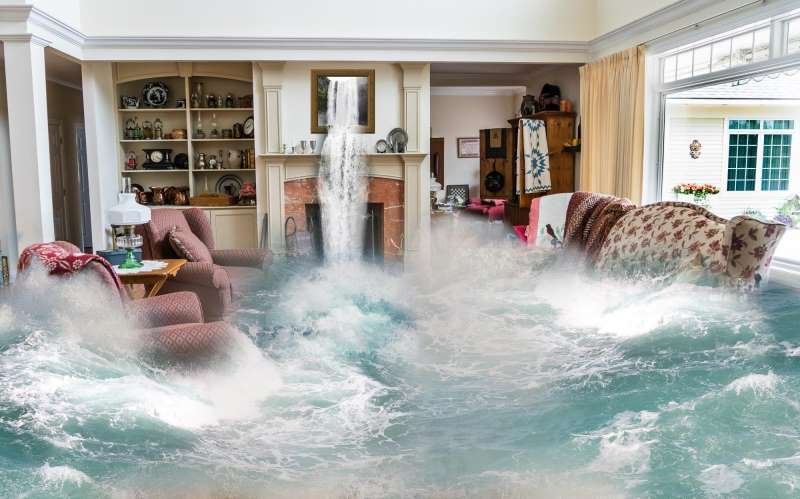
Flood damage can be devastating. The stress of damage to your home, no matter how significant, is emotionally taxing for you and your family.
However, with the right flood insurance company, you should be back on your feet and on your way to rebuilding your home in no time. Since most homeowners insurance companies don’t cover floods, be sure to have a separate flood insurance plan ahead of time.
If your home has sustained a flood, then you’re probably wondering what steps you should take with handling flood damage. Keep reading for a list of ways to handle flood damage clean up and repair, to get you and your family back home as soon as possible.
Dealing With Flood Damage
Flood damage within your home is a fire hazard. If you suspect your home may flood, immediately turn off your home’s source of electricity.
If your home has already flooded, move your family from your home and somewhere safe. Next, turn off the electricity only if you can safely so do. Never turn the electricity on or off if you’re standing in water, with or without a tool.
Once this has been done, leave your home and start making calls. Additionally, call your gas company as well as your local fire department.
Your next step will be to call your landlord if you rent. If not, call your insurance company. They’ll send out an insurance adjuster to assess the damage and tell you what steps to take next.
Working With an Insurance Adjuster
Once you contact your insurance company, they’ll assign an insurance adjuster to your case. Your adjuster will reach out to you and schedule a time to come to your home in order to assess the damage.
On the day of your adjuster’s visit, they’ll take pictures and detailed notes of the amount of water damage sustained. Let them know exactly what caused the water damage and show them the extent of damage within your home.
Your adjuster will either issue you a check on the spot or send you one in the mail. Some insurance agencies direct deposit funds into your checking account.
If you and your family have been displaced, your insurance adjuster will help you find somewhere to stay while flood damage clean up is taking place. In addition, most insurance companies will pay for temporary housing assistance, up to a certain amount.
Be sure to find this out from your insurance provider when you sign up to use their services.
Your insurance adjuster will need to have professional remediation companies start to dry your home out. This may include mold remediation, depending on the extent of the damage. Large fans and dehumidifiers to remove excess moisture will be used to dry out your home.
Be sure to keep in contact with your insurance adjuster through this entire process. They’ll have the most up-to-date information to provide you with.
In order to protect you and your belongings, ensure you have flood insurance at all times. Check out Better Flood Insurance for the most reliable and affordable flood insurance in the state.
Flood Protection
Regardless of where you live, it’s crucial to be prepared in the event your home has flood damage. Be sure to purchase flood insurance in addition to regular homeowners insurance, as homeowners insurance doesn’t usually cover water damage from a flood.
Check out our recent posts for more information about homeownership, insurance, health, fitness, and more. Our comprehensive articles cover endless topics and provide the most up-to-date information.




